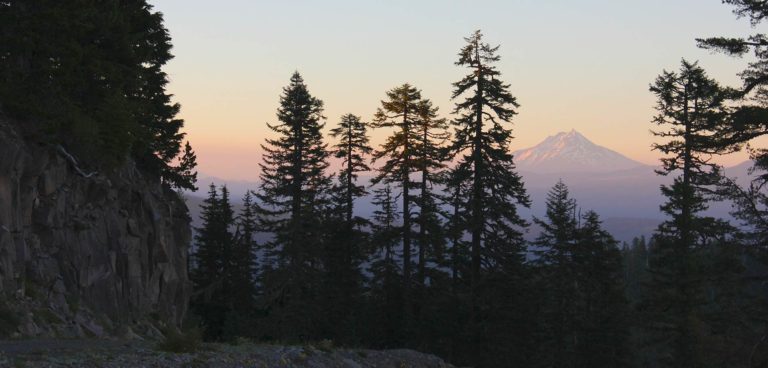Getting a job is hard. Thousands of millennials graduate college each year with nothing else to show for it than a piece of paper. A diploma no longer gets you a full-time job right out of college. The job market is tough, especially in the wildlife field. There is a finite amount of jobs for a growing pool of applicants. This doesn’t mean you can’t get there, it just means you have to put in a little more effort beyond your time spent at college!
Here are a quick 5 tips on breaking into the biology profession:
“I can’t get a job without experience and I can’t get experience without a job”
1. Volunteer work is ALWAYS available. This is the biggest mistake that college students and recent grads make. They think that their time is only worth giving if they are being paid for it. This shouldn’t come as a surprise that 9 times out 10, you’re not going to make the money you think you should coming straight out of college. This is why volunteering is so important. You gain invaluable experience that you can add to your resume! Funding is tight in most wildlife programs, refuges, preserves, conservation efforts, non-profits, etc. They need you!
It might not be what you want to do
2. There are many facets to the wildlife profession. Each person has their own niche that they’re trying to specialize in. One of the biggest and most popular is the bird side of biology (obviously, right? Because birds). Unfortunately, it might not be the easiest profession to break into at first. That is why it is super important to take on any wildlife work when you’re just starting out. This will show future employers that you’re willing to do the work and that you’re well-rounded but haven’t pigeonholed yourself into one area of study (bird pun intended).
Not full time, at first
3. You will most likely not get a full-time wildlife job right out of college. This is just the nature of the beast. Most work takes place seasonally, which leaves the remainder of the year open. There is no shame, and I repeat, no shame in moving back home and holding down a part-time job at a grocery store (or wherever). This gives you opportunity to save up some money (because student loans suck) while allowing time to get some local volunteer work in.
Make connections
4. This one is also pretty important. My dad would always tell me, “It’s not what you know, it’s who you know.” Well, he might have been on to something there. Obviously it’s important to be well-educated in your field, but it’s also important to network. Chat with as many people in the wildlife profession as you can. Make yourself known. You never know when opportunity might strike. And if it doesn’t work out, usually the older folks have some pretty amusing stories.
Grad school?
5. Yes, grad school. When all else fails, procrastinate life further by going to grad school. But really, more and more permanent jobs require the minimum of a master’s degree.
For volunteer opportunities, contact your local Audubon chapter or your nearest wildlife refuge:
https://www.audubon.org/audubon-near-you
For job opportunities check out Texas A&M’s job board. It’s an excellent resource for wildlife postings all over the U.S:
http://wfscjobs.tamu.edu/job-board/
Do you work in biology or avian sciences? Let us know what path you took in the comments below!
